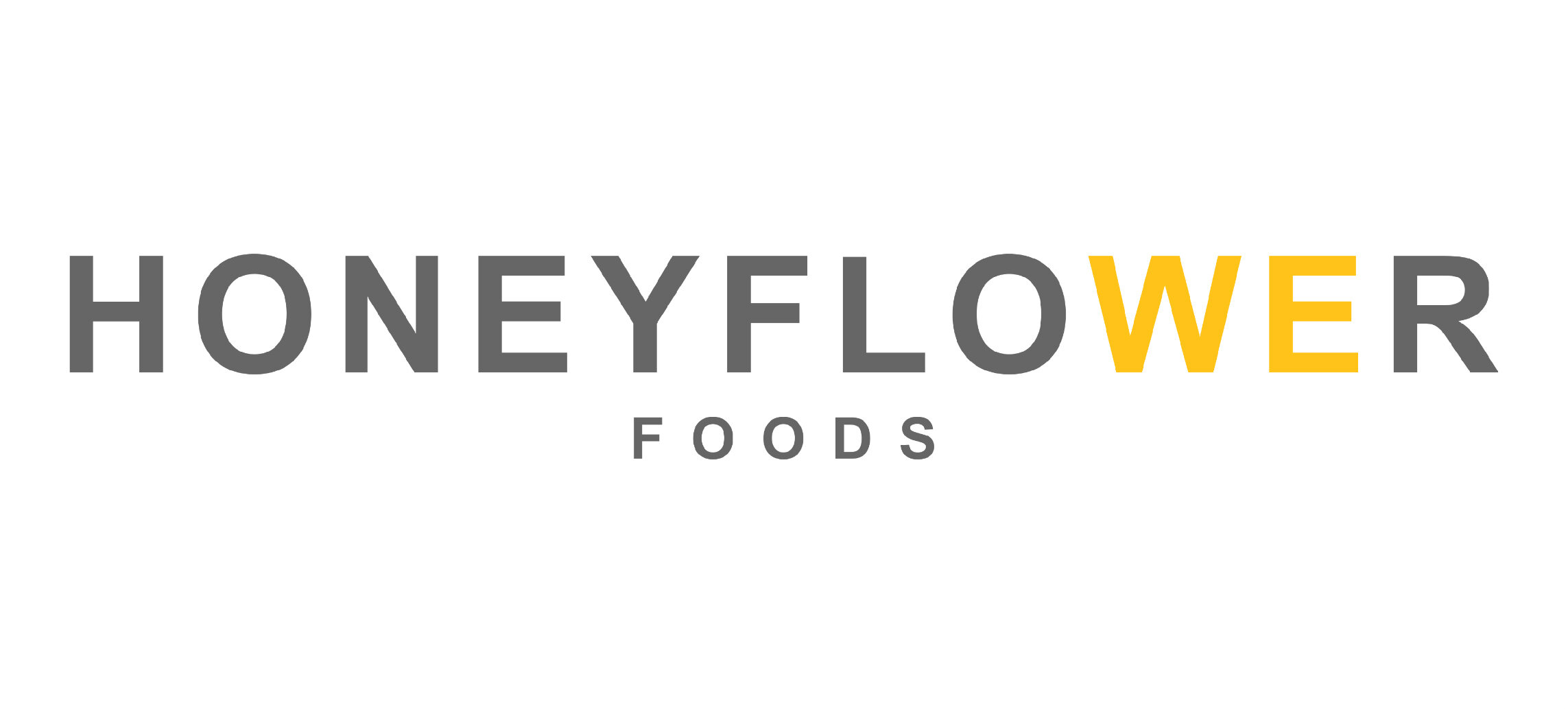Going Glass
We know plastic is not-so-fantastic for the environment, and there’s a huge push toward more sustainable alternatives for packaging. Nearly 9.1 billion tons of plastic has been produced since it was first used in the 1950s, and most of it still exists withering away in landfills, according to data from the Earth Day Network. Want another shocking fact? The amount of plastic produced each year is roughly the same as the entire weight of humanity. There’s a metaphor in there somewhere, for sure.
Move over, wasteful and single-use packaging, and make way for our old reusable friend: glass.
So what makes glass the clear choice? Tons of reasons!
First, glass is 100% recyclable. It can be recycled endlessly without loss of quality. Even better, it’s reusable. Given that only 14% of the 78 million metric tons of plastic packaging produced each year is actually recycled, reusable is the more sustainable way to go. It’s super durable and keeps its shape, unlike plastic that bends and warps over time. Not a good look.
Glass is as pure as it is clear. In fact, it’s the most neutral and natural of all packaging options. Unlike alternatives like cardboard or cans, glass doesn’t require a chemical or plastic liner that can affect the taste of what’s inside -- and your health. You won’t have to worry about potential carcinogens like BPAs when you’re storing your salads, soups, or snacks in glass.
It locks in taste and keeps out gnarly chemicals, too, so your meals stay fresh and funk-free. Glass ranks #1 for taste — 90% of people prefer glass to preserve flavor, according to an EcoFocus Worldwide 2017 survey.
Also, it’s a sustainable way to add interior design touches to your home -- think Mason-Jars-cum-flower-vases.
Brands are jumping on the bandwagon, too! Twenty-five of the world’s largest consumer products companies, from Pepsi to Procter and Gamble, announced in 2019 that they would be switching to glass to help with sustainability and reduce waste. From the other side, many markets, cafes, and retailers prefer to sell items in glass as a more sustainable option. Organizations like Nat Geo have a policy where they don't sell anything that contains bioplastic, in favor of plant-fiber-based compostables.
That’s why we are happy to be able to provide these companies with that option, too! At HoneyFlower Foods, we use sustainable packaging for all of our meals. We definitely think glass is the MVP (Most Valuable Packaging) and we’re glad to do our part to reduce waste and take care of the environment!

